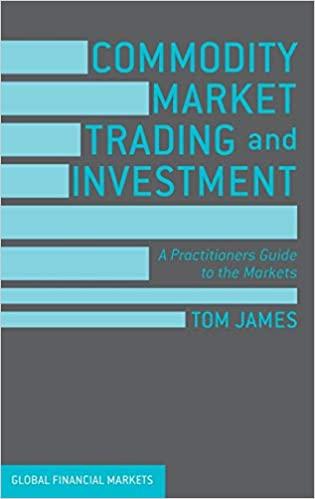Question
Some firms, frequently family firms or founder firms, have dual-class shares (A shares and B shares) with differential voting rights. Sometimes one class gets more
Some firms, frequently family firms or founder firms, have dual-class shares ("A" shares and "B" shares) with differential voting rights. Sometimes one class gets more votes than the other class (e..g., "A" shares receive 1 vote per share and "B" shares receive 10 votes per share). Other times, one class can have the right to elect a majority of the directors (e.g., "A" shares elect 3 directors and "B" shares elect 7 directors). In these cases, the company is considered a "controlled" company and does not have to abide by independent director rules established by the SEC or the stock exchanges. In Atlanta, Rollins is a controlled (family controlled) company and elects to be treated as a controlled, company. That is, as a controlled company, Rollins exercises their right not to comply with director independence requirements. The New York Times (controlled by the Ochs-Sulzberger Family since 1893 -- ability to elect 7 of 10 directors) and Facebook (controlled by Mark Zuckerberg since the founding; 22% of the CF rights but 56% of voting rights after the IPO) are controlled companies. The New York Times and Facebook both claim controlled status but choose to meet director independence requirements. Corporate Governance groups (e.g., Institutional Investor Services) and shareholder activists almost routinely view these control arrangements negatively since the controlling shareholder has, within legal limits, unlimited power and few if any checks and balances. Thus, the controlling shareholders could choose policies to benefit themselves at the expense of minority shareholders. For instance, the Ochs-Sulzberger family might receive private satisfaction from influencing the news even if their approach did not maximize shareholder value. Others, argue that these arrangements can be beneficial for certain firms. For instance, control allows the Ochs-Sulzberger family to maintain independent journalistic control without shareholder pressure. If the Ochs-Sulzberger slant sells best to a certain constituency, this approach could maximize value for shareholders. Likewise, if Zuckerberg's creativity and innovation is vital to Facebook, his control would protect his creative guidance of the firm from unwanted takeovers or market pressures, and therefore benefit shareholders. A third viewpoint is that markets work pretty well so any positive or negative impact of the control arrangement is already impacted in the stock price when you purchase it. If The argument is correct, you will not incur costs as an investor.
Do you think controlled firms provide good governance and protect shareholder interests? Why or why not. Or, maybe you think it doesn't matter one way or the other? Why or why not? Would you be willing to invest in a controlled company? Why or why not?
Step by Step Solution
There are 3 Steps involved in it
Step: 1

Get Instant Access to Expert-Tailored Solutions
See step-by-step solutions with expert insights and AI powered tools for academic success
Step: 2

Step: 3

Ace Your Homework with AI
Get the answers you need in no time with our AI-driven, step-by-step assistance
Get Started


